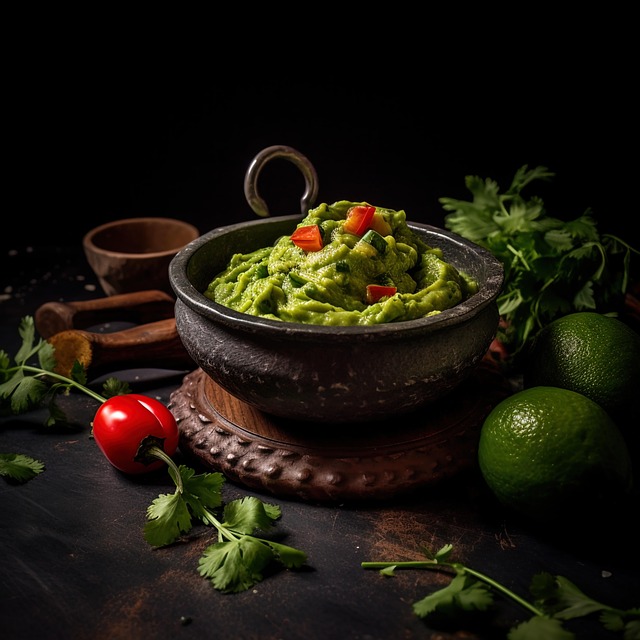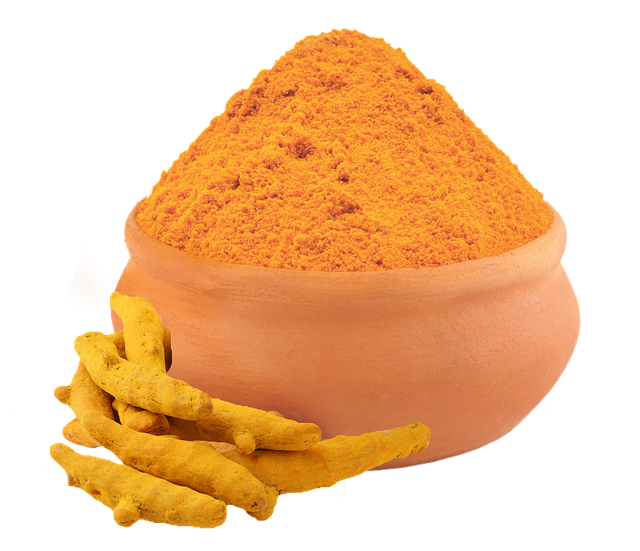
Processed Foods
Understanding Processed Foods
Processed foods are a common part of our daily diets, yet they often come with a mix of opinions regarding their health implications. The term "processed food" encompasses a wide range of items, from those that have undergone minimal changes to those that are heavily modified. Understanding the different types of processed foods can help individuals make informed choices about their diets.
What Are Processed Foods?
In simple terms, processed foods are any foods or drinks that have been altered from their natural state in some way. This alteration can include a variety of methods such as cutting, washing, heating, pasteurizing, canning, freezing, drying, dehydrating, mixing, or packaging. Additionally, processed foods may contain added preservatives, nutrients, flavors, salts, sugars, or fats.
The Spectrum of Processing
Processed foods can be categorized into different groups based on the extent of processing they undergo. The NOVA food classification, developed by the United Nations, divides foods into four main groups:
- Group 1: Unprocessed or minimally processed foods - These include items like fresh fruits, vegetables, and whole grains.
- Group 2: Processed culinary ingredients - This group consists of substances extracted from natural foods, such as oils and sugars.
- Group 3: Processed foods - These are made by adding sugar, oil, or salt to Group 1 foods, like canned vegetables or cheese.
- Group 4: Ultra-processed foods (UPF) - This group includes items that are made primarily from industrial ingredients and often contain additives, such as sugary drinks, packaged snacks, and instant noodles.
Are Processed Foods Bad for You?
The perception of processed foods as inherently unhealthy is common, but this view can be misleading. While it is true that many ultra-processed foods are low in nutrients and high in added sugars, unhealthy fats, and sodium, not all processed foods are created equal. For instance, frozen vegetables, canned beans, and whole grain bread can be nutritious options that provide essential vitamins and minerals.
Making Informed Choices
When navigating the world of processed foods, it is important to consider the nutritional value of the items being consumed. Here are a few tips to help make healthier choices:
- Read Labels: Pay attention to ingredient lists and nutritional information. Look for foods with fewer additives and higher nutritional content.
- Choose Whole Foods: Whenever possible, opt for unprocessed or minimally processed foods, as they tend to be more nutrient-dense.
- Limit Ultra-Processed Foods: Try to reduce the intake of foods high in added sugars, unhealthy fats, and sodium.
- Balance is Key: Incorporate a variety of foods into your diet, including both processed and unprocessed options, to ensure a well-rounded nutrient intake.
Conclusion
Processed foods play a significant role in modern diets, and understanding their classifications can empower individuals to make healthier choices. By being mindful of the types of processed foods consumed and focusing on overall dietary balance, it is possible to enjoy a nutritious and satisfying diet.

















 Karma Westford: A Culinary Fusion Experience
Karma Westford: A Culinary Fusion Experience 
 Health
Health  Fitness
Fitness  Lifestyle
Lifestyle  Tech
Tech  Travel
Travel  Food
Food  Education
Education  Parenting
Parenting  Career & Work
Career & Work  Hobbies
Hobbies  Wellness
Wellness  Beauty
Beauty  Cars
Cars  Art
Art  Science
Science  Culture
Culture  Books
Books  Music
Music  Movies
Movies  Gaming
Gaming  Sports
Sports  Nature
Nature  Home & Garden
Home & Garden  Business & Finance
Business & Finance  Relationships
Relationships  Pets
Pets  Shopping
Shopping  Mindset & Inspiration
Mindset & Inspiration  Environment
Environment  Gadgets
Gadgets  Politics
Politics 